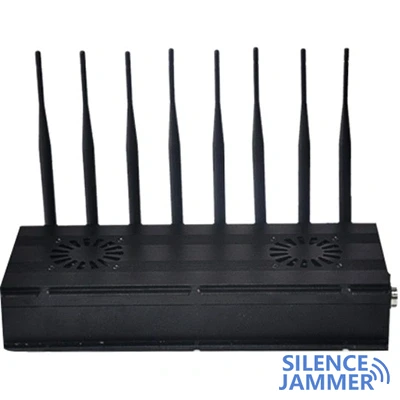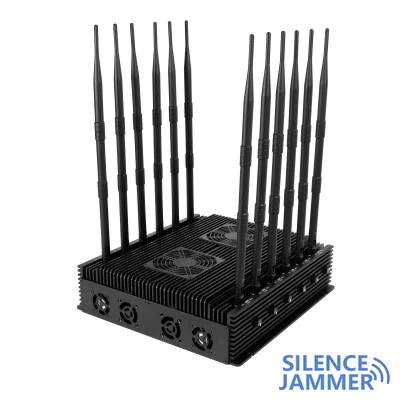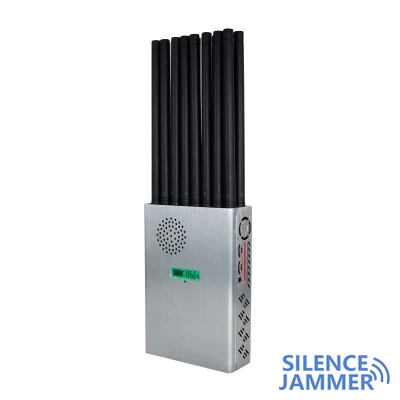
The New Bilibid Prison (NBP), one of the largest prisons in the Philippines, should have been a solid fortress in the country's war on drugs. However, reports and Senate hearings in recent years have revealed that cell phone signal jammers, which were supposed to maintain prison security, are gradually evolving into a means for some corrupt officials to make money and an important tool for drug lords to continue to control prison operations.
The original intention of cell phone jammers
The original intention of cell phone jammers was to prevent prisoners from making illegal communications through their cell phones, especially to prevent them from continuing to manipulate external criminal activities. However, the facts show that this technical means has not played its due role in the New Bilibid Prison. Senator Panfilo Lacson revealed at a Senate hearing that despite the installation of signal blocker jammers in the prison, prisoners were still able to post Facebook posts on their phones and continue to communicate with the outside world.

Abuse of mobile phone jammers
- Drug lords continue to manipulate drug trade using mobile phones. According to Arsenio Evangelista, president of the Volunteers Against Crime and Corruption (VACC), drug lords in the New Bilibid Prison are still able to control drug trade inside and outside the prison by smuggling mobile phones. It is said that up to 80% of illegal drugs flow out of this prison. Although the Philippine government has launched a severe anti-drug campaign across the country, the anti-drug results are still difficult to consolidate due to smuggling activities inside the prison.
- Jammer devices have become a tool for corrupt officials to make money. According to Evangelista, corruption inside the prison has spread to the management and operation of signal blocker jammers. Some officials and technicians accept bribes to help prisoners use mobile phones by turning signal jammer devices on and off. There are even reports that the price of mobile phones smuggled into the prison is as high as millions of pesos, showing the huge profit margins of this black industry.
Challenges and institutional loopholes in prison management
The problem of mobile phone smuggling and abuse of jammer blockers in the New Bilibid Prison has exposed deep institutional loopholes in prison management. Although the official claims that the prison's security measures are very strict and the Philippine National Police Special Operations Force is deployed in the prison, the reality is that contraband items continue to flow into the prison. Some prison guards conspire with prisoners to bring contraband such as mobile phones and televisions into the cells, and the entry of these items often depends on the prison guards' "mood" and the amount of bribes.
Conclusion
The corruption problem in the New Bilibid Prison is not only a microcosm of the Philippine prison system, but also a major challenge to national security and the prestige of the law. Mobile phone signal jammers should be an important tool for maintaining prison order, but in the hands of some corrupt officials, they have become a means of seeking personal gain. The Philippine government needs to strengthen supervision of prison management, ensure the correct use of technical means such as mobile phone jammers, and effectively protect social security.





